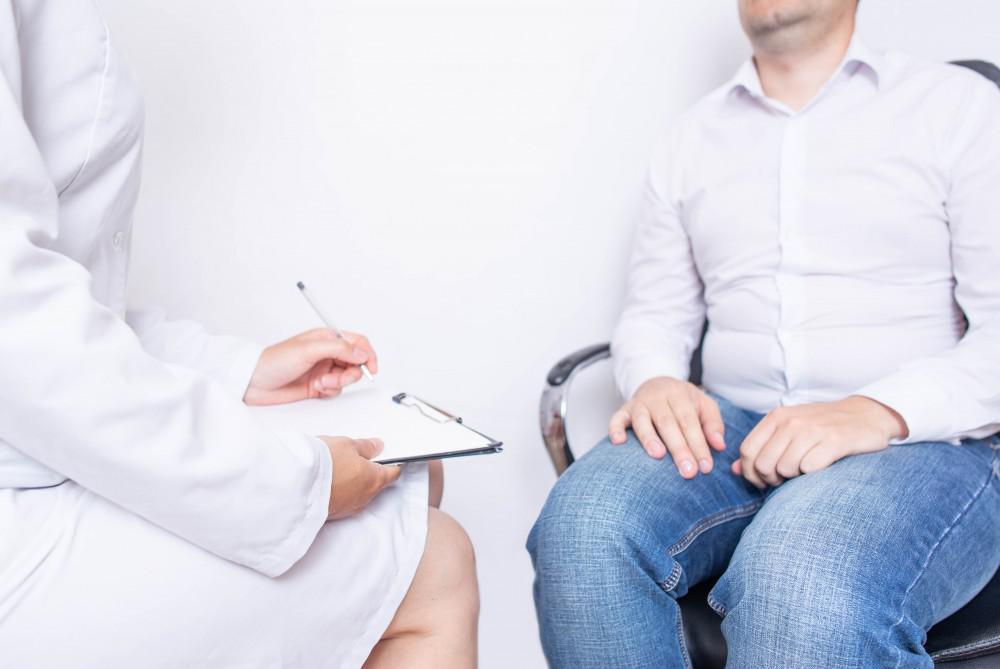Expert Treatment for Proctitis by Dr. Bharat Pothuri
Dr. Pothuri uses a step-by-step approach:
Medical History and Physical Exam
He reviews the onset, location and character of your pain, dietary triggers, medication use (NSAIDs, aspirin), alcohol intake, smoking history and any weight changes. A focused abdominal exam checks for tenderness, masses or organ enlargement.
Blood Tests
Routine labs include a complete blood count (CBC) to look for anemia or infection, comprehensive metabolic panel (CMP) to assess liver and kidney function, amylase and lipase to screen for pancreatitis, and H. pylori serology or stool antigen.
Imaging and Endoscopy
- Abdominal ultrasound evaluates the gallbladder, liver and pancreas for stones or inflammation.
- Upper endoscopy (EGD) directly visualizes the esophagus, stomach and duodenum to detect ulcers, gastritis, reflux esophagitis or hiatal hernia.
- CT scan or MRI abdomen may be obtained if pancreatitis or other structural disease is suspected.
Advanced Testing (if needed)
Additional studies can include a urea breath test for H. pylori, gastric emptying study to assess for gastroparesis, endoscopic ultrasound for detailed pancreatic evaluation or pH-impedance testing when refractory reflux is suspected.

Frequently Asked Questions
What's the difference between ulcerative proctitis and ulcerative colitis?
Ulcerative proctitis affects only the rectum, while ulcerative colitis involves larger portions of the colon.
What are the ICD-10 codes for proctitis?
K62.5 is used for general proctitis, and K51.3 applies specifically to ulcerative proctitis.
Can proctitis raise my risk of colon cancer?
Yes. Long-term inflammation from IBD, including proctitis, can increase colon cancer risk. Regular surveillance is important.
How long does treatment for proctitis usually take?
Some patients feel relief in a few weeks, but chronic cases may require ongoing management over months or longer.
Can I try home remedies along with medical treatment?
Yes. Warm sitz baths, a gentle diet, and proper hydration can ease symptoms-but don't skip your medical appointments.
Is proctitis treated the same way as ulcerative colitis?
There is overlap in therapies, but treatment is tailored to how much of your colon is affected and the severity of inflammation.
When should I seek emergency care?
Contact your doctor right away if you experience heavy rectal bleeding, high fever, severe abdominal pain, or signs of dehydration.












